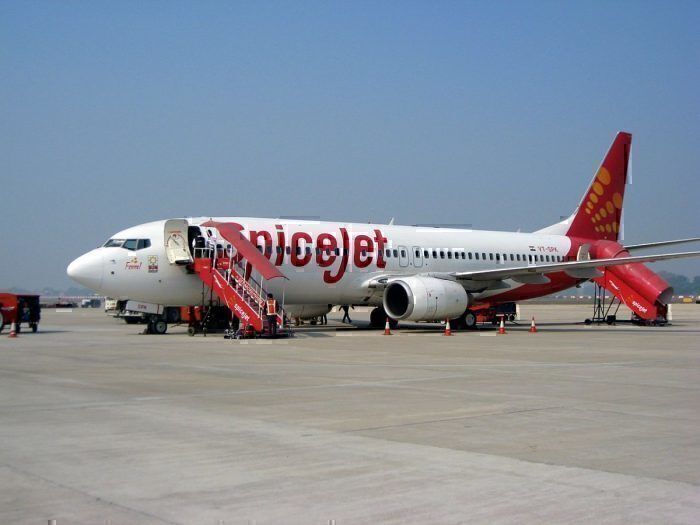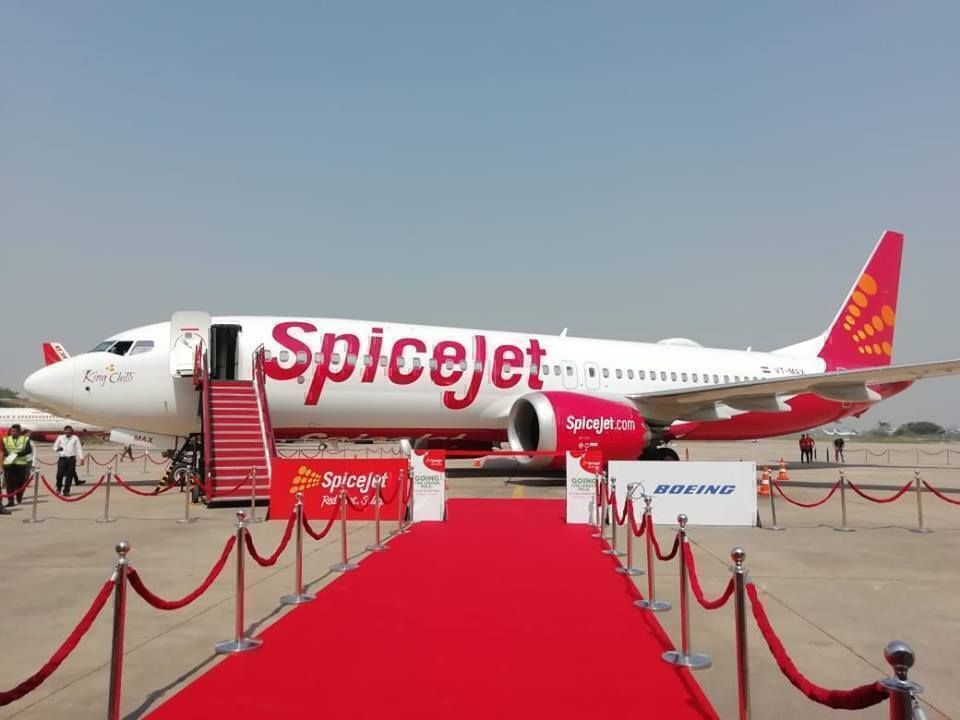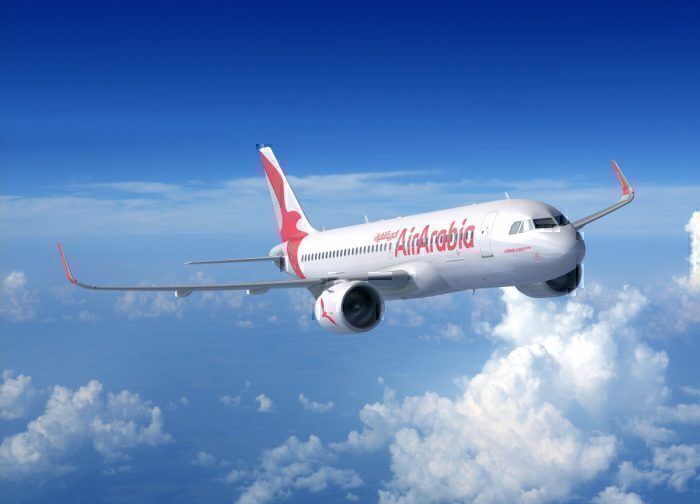With the signing of an October Memorandum of Understanding (MoU) with Ras Al-Khaimah International Airport, direct flights can commence between Ras Al-Khaimah and New Delhi from December. Additionally, this service will operate five flights a week with the goal of gradually increasing the frequency.
Currently, Air India Express is the only airline connecting Ras Al Khaimah Airport to India. A service flies twice weekly to the emirate from Kochi in South India. Competition is heating up as Air India offers 1,400 seats a week to the emirate. It also has plans to start flights from Delhi early next year.
This is what CEO Ajay Singh had to say to Arabian Business and other media at a press conference:

“We are looking to establish an airline locally based in Ras Al Khaimah. We are applying for certification shortly and the approval will take around three to six months. The new airline will help connect India with Eastern and Western European destinations using RAK as hub.”
Partial Emirati ownership
AIN Online reports that this new venture will see a majority 51 percent share of the airline go to the emirate of Ras Al-Khaimah with SpiceJet owning the remainder. With this significant investment from the deep pockets of the emirate, the new airline should be able to withstand the trials and turbulence of getting a new airline off the ground. In fact, this is what the UAE's website has to say about the country's economy:"Strategic location, strong financial reserves, large sovereign wealth fund, promising investor home economies, consistent government spending, progressive policy of economic diversification, free zones and increased foreign direct investment contribute to the UAE’s robust economy."Investment in SpiceJet would align with the UAE's commitment to being less reliant on oil as an economic driver. The UAE is developing for itself a 'competitive knowledge economy', focusing on becoming the "economic, touristic and commercial capital for more than two billion people". This appears to be a larger trend across the region as countries all over the world work to reduce oil consumption and move towards more sustainable forms of energy.
RKT was chosen particularly because of several benefits and incentives offered by the airport. These include:
- Serving an emerging market with no congestion
- Available slots
- The ability to accommodate start-up airlines looking for a hub.
Looking towards Eastern Europe

Will it be a success?
Only time will tell if tourists will be successfully lured by Ras Al Khaimah's tourism efforts in Europe. One thing is certain: competition is heating up fast. Air Arabia is based in Sharjah but also has a hub at Ras Al-Khaimah. Air Arabia will also operate out of Abu Dhabi through a partnership with Etihad. Furthermore, flyDubai and Emirates have strong ties and are well established in the emirate of Dubai.
With all of these airlines continuing their expansion and development, it is difficult to say if SpiceJet's new UAE-based airline will be successful. It could very well be eaten up by the competition.
Do you think this venture can succeed with the already intense competition of flyDubai and Air Arabia in neighboring emirates? Let us know in the comments!
Simple Flying contacted SpiceJet for comment. However, no response was received at the time of publishing this article.


